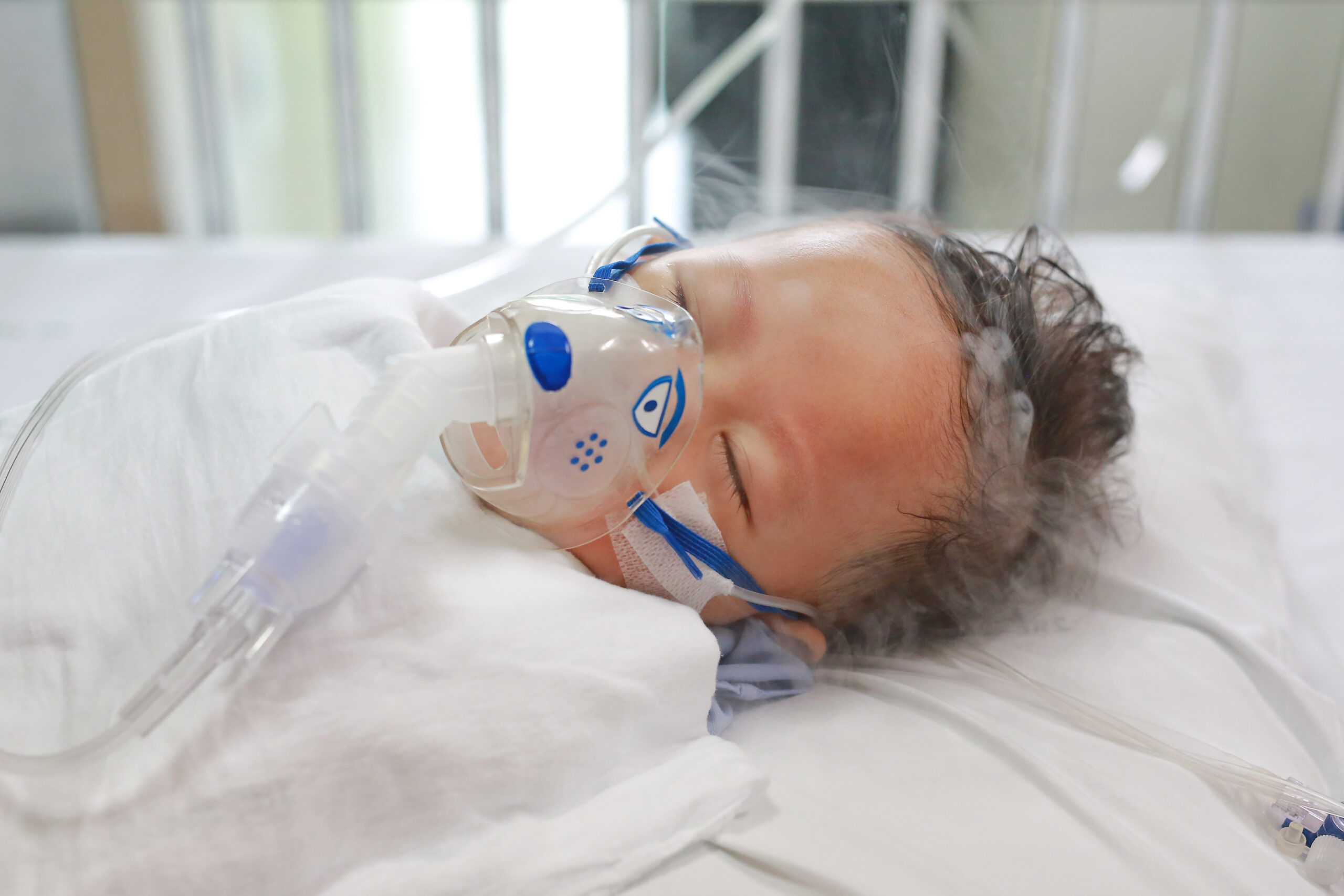By Annette Pinder
Respiratory syncytial (sin-SISH-uhl) virus, or RSV, is on the rise, resulting in young children being hospitalized, according to Stephen J. Turkovich, M.D., Chief Medical Officer at Oishei Children’s Hospital.
According to Dr. Turkovich, RSV is a common respiratory virus that can occur in people of all ages, and usually causes mild, cold-like symptoms. While most people who get the virus recover within a week or two, RSV can be especially serious for infants and older adults.
According to the U.S. Centers for Disease Control and Prevention (CDC), RSV is the most common cause of bronchiolitis (inflammation of the small airways in the lung) and pneumonia (infection of the lungs) in children younger than one year of age in the United States.
Symptoms.
Individuals infected with RSV typically exhibit symptoms within four to six days after getting infected. Often, the symptoms appear in stages, rather than all at once. Typical symptoms are runny nose, decreased appetite, coughing, sneezing, fever, and wheezing. Sometimes, the only symptoms in infants and very young children are irritability, decreased activity, and breathing difficulties. Almost all children will have had an RSV infection by their second birthday.
Care.
Most RSV infections go away on their own in a week or two, and there is no specific treatment for RSV infection. However, researchers are working to develop vaccines and antiviral medications to fight the virus. To help relieve symptoms such as fever and pain, over-the-counter fever reducers and pain relievers such as acetaminophen or ibuprofen can help. Never give aspirin to children. It is also important for people with RSV to drink plenty of fluids to prevent dehydration due to loss of body fluids.
Talk to Your Pediatrician.
It is important to talk to your pediatrician before giving your child nonprescription cold medicines, as some medicines contain ingredients that are not good for children. It is also important to know that RSV can cause more serious health problems such as bronchiolitis and pneumonia. In fact, it is the most common cause of bronchiolitis and pneumonia in children younger than 1 year of age.
Those at Risk for More Serious Infection.
Healthy adults and infants infected with RSV do not usually need to be hospitalized. But some people with an RSV infection, especially older adults and infants younger than six months of age, may need to be hospitalized if they are having trouble breathing or are dehydrated. In the most severe cases, a person may require additional oxygen or intubation (have a breathing tube inserted through the mouth and down to the airway) with mechanical ventilation (a machine to help a person breathe). In most of these cases, hospitalization only lasts a few days.
Learn more about RSV at cdc.gov.











